Putin: Russia may leave missile treaty
Russia will find it hard to remain in a treaty on short and medium range missiles unless it is expanded to other states.
Friday, 12.10.2007.
09:41

Russia will find it hard to remain in a treaty on short and medium range missiles unless it is expanded to other states. "We need other international participants to assume the same obligations which have been assumed by the Russian Federation and the U.S.,"Russian President Vladimir Putin said on Friday. Putin: Russia may leave missile treaty "If we are unable to make such a goal of making this Treaty universal then it will be difficult for us to keep within the framework of such a Treaty." Putin did not specify which treaty he was talking about, but he appeared to be referring to the Intermediate-Range Nuclear Forces Treaty (INF). That treaty was signed in 1987 by former Soviet leader Mikhail Gorbachev and Ronald Reagan. Russian military officials have in the past described the treaty as a Cold War relic. Their objections to the treaty do not appear directed at the United States but are linked to concerns that states in the Middle East and Asia are building up their arsenals of intermediate-range missiles. Russian officials say they are unable to respond to this build-up because of the restrictions imposed by the treaty. In Brussels, a NATO official declined to comment on Putin's comments about the treaty. "U.S. missile shield plan risks relations" In a tense start to talks on a range of thorny issues, Putin on Friday warned U.S. officials to back off a plan to install missile defenses in eastern Europe or risk harming relations with Moscow. Addressing Secretary of State Condoleezza Rice and Defense Secretary Robert Gates, the Russian president appeared to mock the U.S. missile defense plan, which is at the center of a tangle of arms control and diplomatic disputes between the former Cold War adversaries. "Of course we can sometime in the future decide that some anti-missile defense system should be established somewhere on the moon," Putin said, according to an English translation. "But before we reach such arrangements we will lose the opportunity for fixing some particular arrangements between us." Putin also said Russia might feel compelled to pull out of a 20-year-old arms control deal unless it is expanded. Later, at the start of a meeting with Rice and Gates, Foreign Minister Sergey Lavrov referred to the Americans having presented "detailed proposals" in the Putin talks to address U.S.-Russian differences on missile defense and arms control. He offered no details but said the Russian government is ready to seek compromise. "We have differences and there is no need to hide them," Lavrov said. But both he and Rice said the two countries were committed to bridging those gaps. "I know that we don't always see eye-to-eye on every element of the solutions to these issues, nonetheless, I believe we will do this in a constructive spirit, that we will make progress during these talks as we continue to pursue cooperation," Rice said. The Russian government sees the U.S. missile defense plan, which Washington describes as a hedge against the threat of missile attack from Iran, as a worrisome step toward weakening Russian security. It has been a longstanding dispute, and Putin's remarks seemed to raise the level of tensions. Rice and Gates appeared taken aback at the firm tone and forcefulness of Putin's remarks, which were made from notes in the presence of American and Russian news media before they began a closed-door meeting around an oval table in an ornate conference room at his country house outside the capital. "We will try to find ways to cooperate," Rice said in response. "Even though we have our differences, we have a great deal in common because that which unites us in trying to deal with the threats of terrorism, of proliferation, are much greater than the issues that divide us." After Putin addressed further comments about U.S.-Russian military cooperation to Gates, the American defense secretary responded by saying the Pentagon was ready to intensify a dialogue on military relations. "We have an ambitious agenda of security issues that concern both of us, including, as you suggest, development of missile systems by others in the neighborhood — I would say in particular, Iran," Gates said. Gates did not directly comment on the missile defense dispute.
Putin: Russia may leave missile treaty
"If we are unable to make such a goal of making this Treaty universal then it will be difficult for us to keep within the framework of such a Treaty."Putin did not specify which treaty he was talking about, but he appeared to be referring to the Intermediate-Range Nuclear Forces Treaty (INF). That treaty was signed in 1987 by former Soviet leader Mikhail Gorbachev and Ronald Reagan.
Russian military officials have in the past described the treaty as a Cold War relic.
Their objections to the treaty do not appear directed at the United States but are linked to concerns that states in the Middle East and Asia are building up their arsenals of intermediate-range missiles.
Russian officials say they are unable to respond to this build-up because of the restrictions imposed by the treaty.
In Brussels, a NATO official declined to comment on Putin's comments about the treaty.
"U.S. missile shield plan risks relations"
In a tense start to talks on a range of thorny issues, Putin on Friday warned U.S. officials to back off a plan to install missile defenses in eastern Europe or risk harming relations with Moscow.Addressing Secretary of State Condoleezza Rice and Defense Secretary Robert Gates, the Russian president appeared to mock the U.S. missile defense plan, which is at the center of a tangle of arms control and diplomatic disputes between the former Cold War adversaries.
"Of course we can sometime in the future decide that some anti-missile defense system should be established somewhere on the moon," Putin said, according to an English translation. "But before we reach such arrangements we will lose the opportunity for fixing some particular arrangements between us."
Putin also said Russia might feel compelled to pull out of a 20-year-old arms control deal unless it is expanded.
Later, at the start of a meeting with Rice and Gates, Foreign Minister Sergey Lavrov referred to the Americans having presented "detailed proposals" in the Putin talks to address U.S.-Russian differences on missile defense and arms control. He offered no details but said the Russian government is ready to seek compromise.
"We have differences and there is no need to hide them," Lavrov said.
But both he and Rice said the two countries were committed to bridging those gaps.
"I know that we don't always see eye-to-eye on every element of the solutions to these issues, nonetheless, I believe we will do this in a constructive spirit, that we will make progress during these talks as we continue to pursue cooperation," Rice said.
The Russian government sees the U.S. missile defense plan, which Washington describes as a hedge against the threat of missile attack from Iran, as a worrisome step toward weakening Russian security. It has been a longstanding dispute, and Putin's remarks seemed to raise the level of tensions.
Rice and Gates appeared taken aback at the firm tone and forcefulness of Putin's remarks, which were made from notes in the presence of American and Russian news media before they began a closed-door meeting around an oval table in an ornate conference room at his country house outside the capital.
"We will try to find ways to cooperate," Rice said in response. "Even though we have our differences, we have a great deal in common because that which unites us in trying to deal with the threats of terrorism, of proliferation, are much greater than the issues that divide us."
After Putin addressed further comments about U.S.-Russian military cooperation to Gates, the American defense secretary responded by saying the Pentagon was ready to intensify a dialogue on military relations.
"We have an ambitious agenda of security issues that concern both of us, including, as you suggest, development of missile systems by others in the neighborhood — I would say in particular, Iran," Gates said.
Gates did not directly comment on the missile defense dispute.



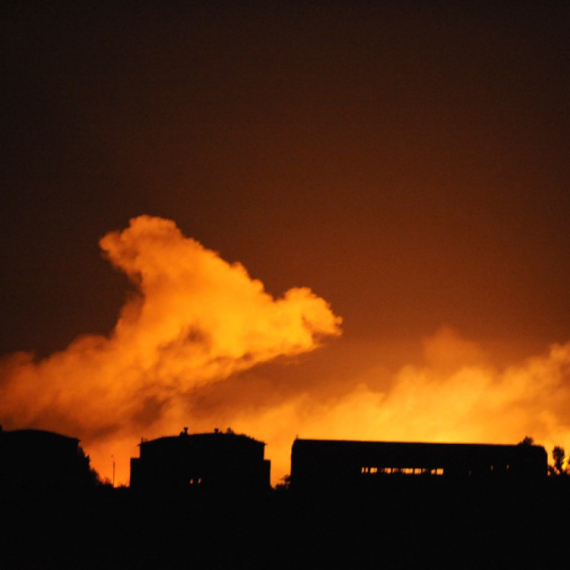

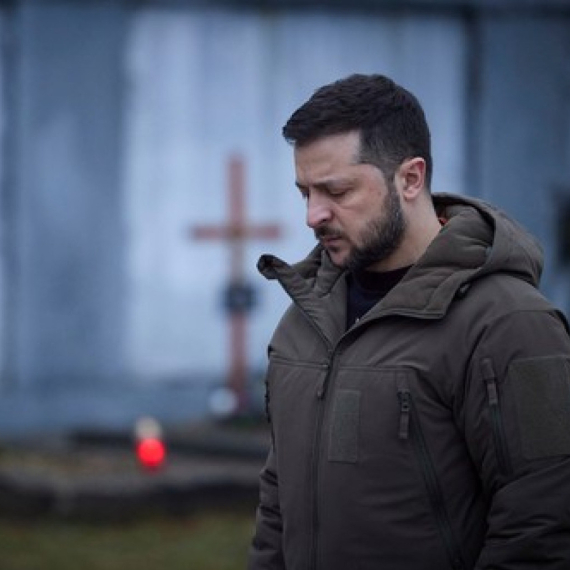






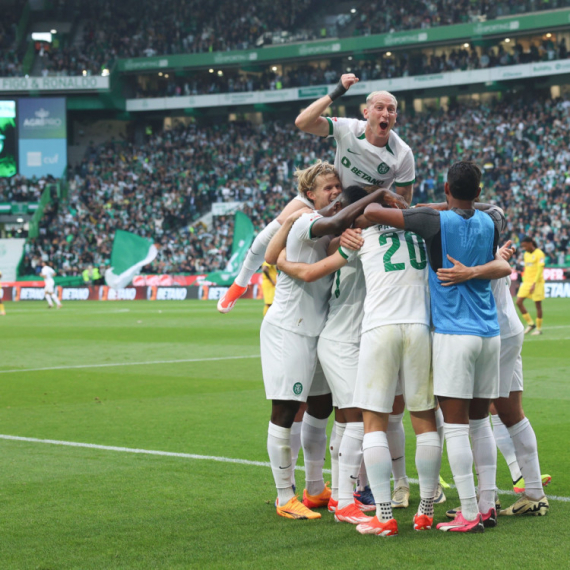
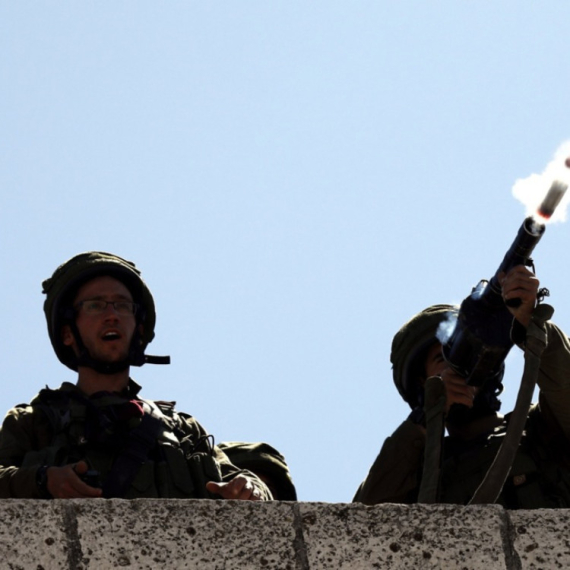
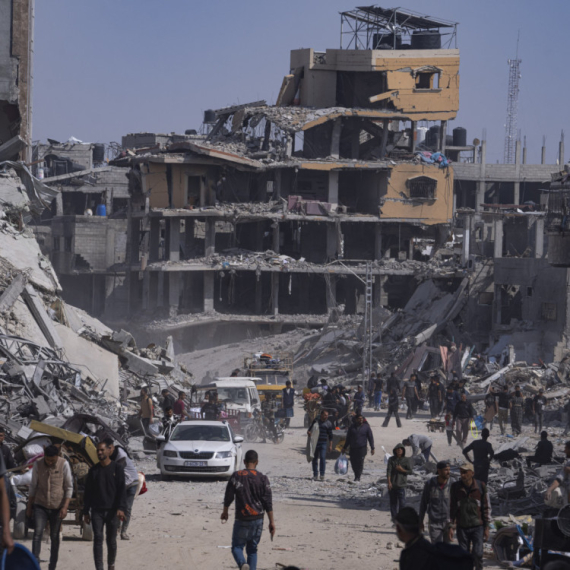




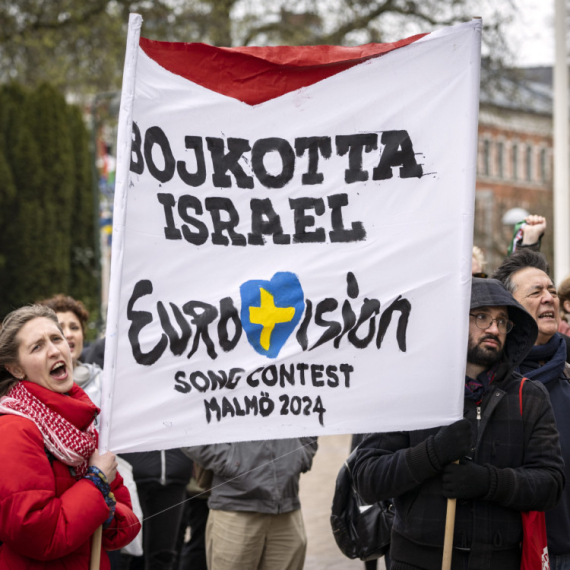
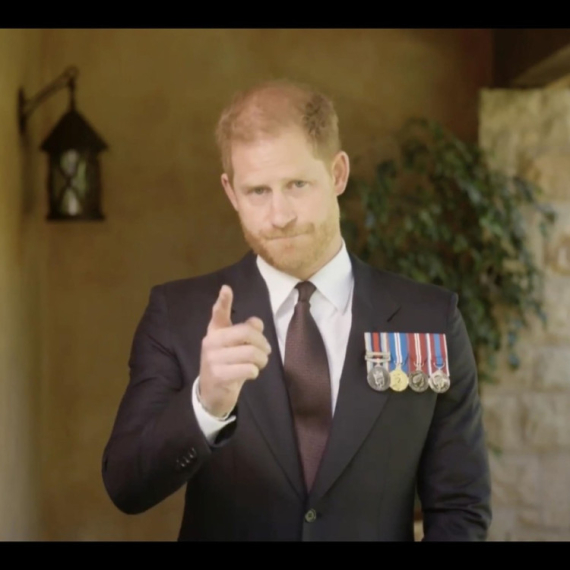






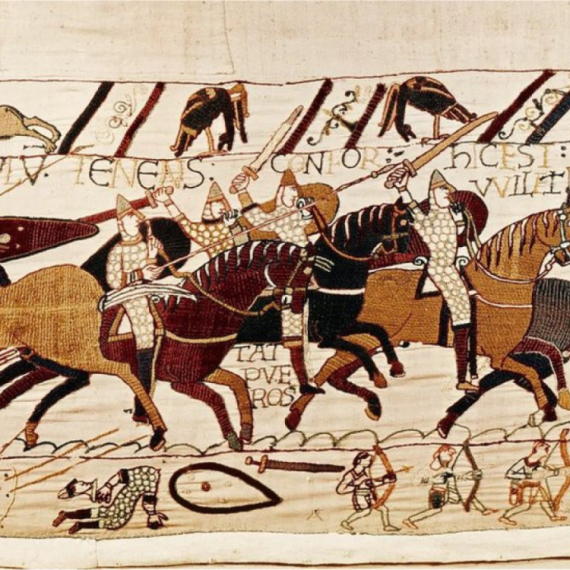


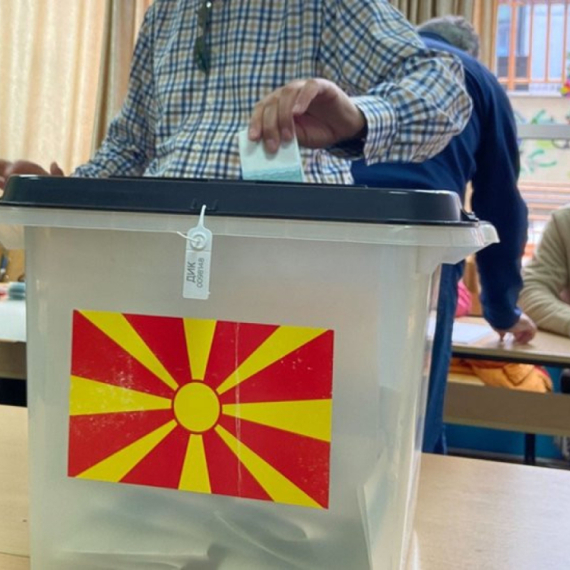

Komentari 0